Atlanta Business Chronicle
Home prices in most major U.S. cities, including Atlanta, were “dismal” to start in 2011 and a double-dip recession could be beginning, according to the monthly Standard & Poor/Case-Shiller Home Price Indices.

Home prices in most major U.S. cities, including Atlanta, were “dismal” to start in 2011 and a double-dip recession could be beginning, according to the monthly Standard & Poor/Case-Shiller Home Price Indices.
Hotel Borrowers Caught In ‘No Man’s Land’ As Default Looms
New construction of housing peaked at over 2 million units in 2005, and then collapsed 74% to 529,000 in 2010, as reported by Economic Indicators, a U.S. government publication. The combination of continuing foreclosures and a shortage of construction financing will block much new housing construction.
The average sale price of existing single-family homes in metro Atlanta tumbled 13.6 percent in February from a year earlier, dashing hopes for the first upward pricing trend since last summer.
The Georgia Legislature is a little drunk on the passage of last year's sweeping property tax changes so they are bellying up to the bar for another round:
A great time to be a real estate investor, not such a great time to be an owner-occupant.